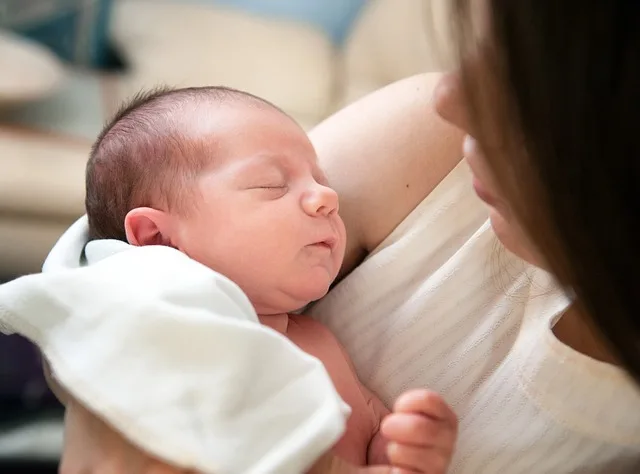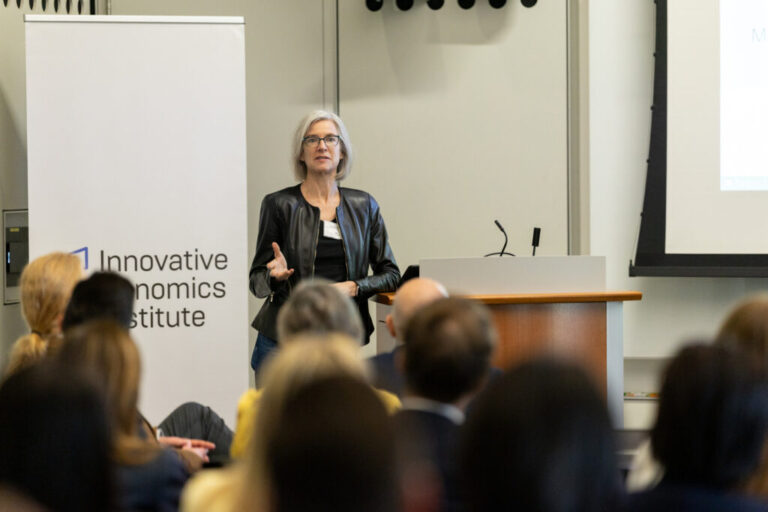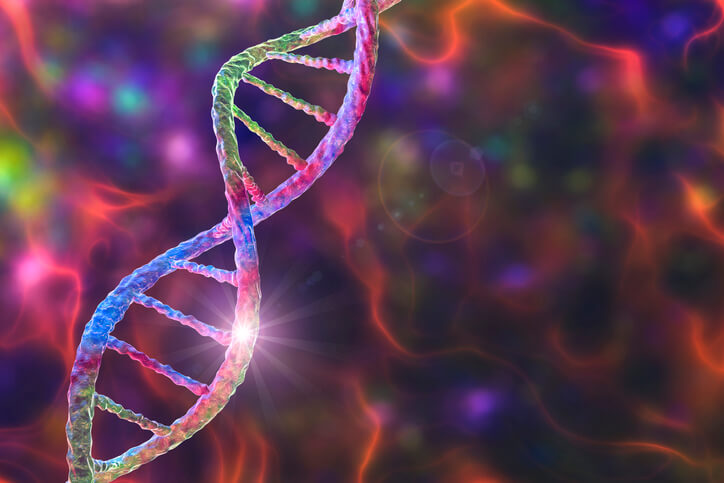
Newborns receive mom’s Microbiome regardless of birth method
The newborn’s microbiome plays a very crucial role in the health and development of humans throughout their life and it is mainly inherited from the mother. Since mother and child share the same intestinal strains during pregnancy, they inherit around 97% of microbiome phenotypes from their mother. Pregnancy to early life is the golden era for the institution of the microbiota which is also affected by environmental and genetic factors.
The field of the microbiome has matured in past decades in a wide range. But the most challenging and complicated question throughout the study was whether the method by which a baby is delivered (vaginal delivery or cesarean section) affects the quality and quantity of the microbiome. In recent studies, it has been suggested that the method of delivering the baby does not affect the microbiota. Also, there might be a chance that there is a reduction in the transfer of the mother’s gut microbiome trough the C-section, but then it will be compensated by the breast milk of the mother.
This research is published in Cell Host & Microbe in the paper, “Mother-infant microbiota transmission and infant microbiota development across multiple body sites.”
“We wanted to have a better idea of how the infant microbiome develops in different parts of their bodies and how it’s influenced by factors such as birth mode, antibiotic use, and lack of breastfeeding,” said Wouter de Steenhuijsen Piters.
Fact-Finding:
In this experiment, the team of researchers repeatedly sampled around 120 Dutch mothers and soon to be born babies. They have collected skin, nose, saliva, and gut microbiome samples from babies in different time slots such as two hours after they were born and one day old, one week old, two weeks old, and one month old. The team has also collected 6 different types of microbiome sample from mother like skin, breast milk, nose, throat, fecal, and vaginal—to know the exact source of these microbiomes.
de Steenhuijsen Piters have said that, “We saw that many niches of the mother are important for the transmission of microbes, and if some of these pathways are blocked for one reason or another—in this case, we saw that happening with the cesarean section—then these microbes can still reach the infant through other paths.”
Irrespective of birth route of babies, it was discovered that on an average 58% of microbiome is derived from its mother. However cesarean born babies receives comparatively lower amount of microbiomes than from the vaginally delivered babies.
“Microbiome transfer and development are so important that evolution has ensured that those microbes are transferred one or another way from mother to child,” said Debby Bogaert, Ph.D. “Breastfeeding becomes even more important for children born by cesarean section who do not receive gut and vaginal microbes from their mom.”
“It’s a smart system, and it makes sense from an evolutionary perspective that these types of pathways are redundant to ensure that the child can begin life with the appropriate ‘starter kit,’” said de Steenhuijsen Piters.
Now, the team is trying to discover some non-maternal effects on infant microbiome development. “We could see that the maternal microbiome explains almost 60% of the infant’s total microbiome, but there’s still 40% that we don’t know about,” said de Steenhuijsen Piters. “It would be interesting to stratify that unknown fraction to see where all the microbes come from; whether fathers contribute, for example, or siblings, or the environment.”
Ultimately, the researchers want to understand how microbiome development in infants relates to long-term health. “Next, we want to explore whether this early life process, influenced by mom, is affecting not only short-term infection risk in the first year of life but also longer-term health in terms of things like allergies and asthma,” said Bogaert. “In the future, we might be able to utilize this knowledge to help prevent, diagnose, or treat health problems.”
Follow The Scientific Reporters for more such interesting updates!






